The problem of eating and the resulting disorders in the body, accompanied by pain and discomfort throughout the day, are becoming more common. The feeling is, to put it mildly, unpleasant and worse, it leads to serious problems such as colitis, gastritis, ulcers, etc., which require years of treatment. In an attempt to prevent this, people are trying out unbearable diets, counting calories and suffering that today they can not eat this or that and they do not even dare to think about chocolate and dough. However, all this leads to another disorder - loss of energy and disorders in our emotional state.
To help our body feel good, we need to help it work properly in the first place. And this happens when we understand how it works and do not interfere with the functions and processes taking place in the gastrointestinal tract.
The process of processing and digesting food in all warm-blooded animals, including humans, is the same. Initially, the food, entering the oral cavity, is broken down, stored in the stomach, where acid denaturation occurs. It then enters the small intestine, where the enzymes of the body itself and the enzymes in the food are hydrolyzed and finally reaches the large intestine, which forms the process of its evacuation.
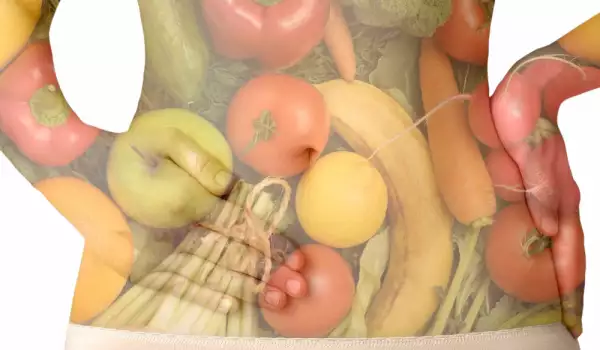
At each stage of this process one's own digestion takes place at different times. Depending on the type of food, it stays in the oral cavity for a few seconds, up to a few minutes, in the stomach - 2-4 hours, in the small intestine - 4-5 hours, in the large intestine - 12-18 hours.
At each stage, the body releases various enzymes inherent only in this stage. These enzymes are produced by the secretory glands located in the walls of the digestive tract. They have a strictly specific action depending on the type of food that comes in and support the food processing process. Some enzymes are released for protein food and others for carbohydrate food, which is why they are released when food enters the body.
In this case, the secretion begins in the oral cavity and follows the entire digestive tract. Food processing and digestion of each type of food is also done in a separate department and requires different time. For example, fruit is digested in the small intestine and meat is first processed in the stomach for an interval of 2-3 hours, then in the small intestine. For this reason, many diets are based on food combining - each type of food (proteins, carbohydrates, fats, acids, sugars) to be consumed at different times in the interval from 2 to 4-5 hours.
The second main thing we need to know about enzymes is that when you drink water and fluids during meals, they are diluted or washed away to the lower parts of the digestive tract. As a result, the food will either remain in the stomach until the body releases new enzymes, or will pass unprocessed in the lower compartments, where putrefaction and bacterial decomposition can begin, followed by absorption into the blood.

To prevent this, the body directs its vital force to synthesize additional enzymes and over time the stomach begins to digest food poorly, develops gastritis, ulcers and a lot of other disorders. Therefore, it is recommended that fluids are taken at least 10 minutes before a meal, but never during a meal. If you are still thirsty, it is recommended to drink no more than 2-3 sips.
In addition, enzymes are active only at normal human body temperature. If the food is too hot or too cold, the enzymes will begin their full action only when the temperature of the food returns to normal.
Another important rule we learn from children is to chew our food as much as possible. Chewing enhances salivation, and saliva, which helps to neutralize the acids formed during the fermentation of carbohydrates. At the same time as the process of chewing through the salivary glands, up to 6 liters of blood can be purified.
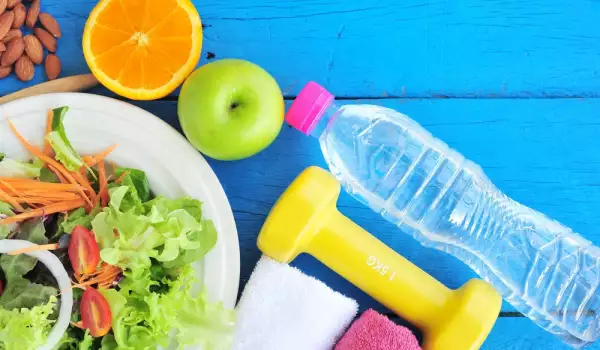
It is extremely important to know that the body needs time to "readjust" when switching from one diet to another. That is why it is important for the transition to be smooth, for the organism to be purified before starting a different way of eating. Excessive use of one type of food leads to a deficiency of another, in which the body begins to look for substitutes and even if you feel good at first, this can lead to fatigue and intolerance to certain products. In order to facilitate the processes of the gastrointestinal tract, it is necessary to observe consistency in the use of food products, taking into account their compatibility with each other, by having a balanced diet. We digest just as much food as our vitamins and enzymes are enough for.
According to research in the biorhythms of organisum processed, it has been found that energy is found in the stomach in the morning, in the small intestine at noon and in the kidneys in the evening. Eating late at night disrupts the circulation of energy in the body, as some of this energy must be transferred back to the digestive system. A person goes to bed with undigested food, which promotes the formation of mucus in the body. It is best to have dinner before sunset so that the body has enough time to process the food. Most of the daily intake should be at noon and the lightest - in the morning.
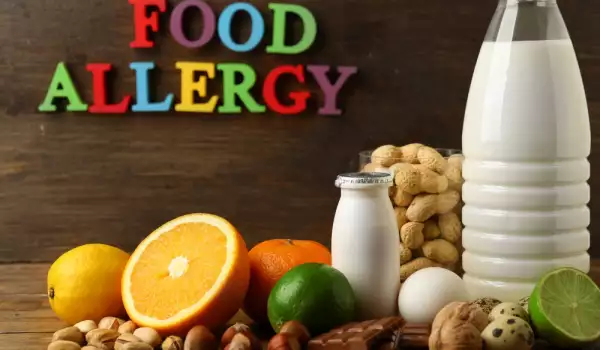

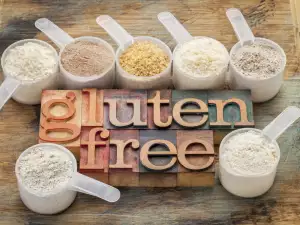
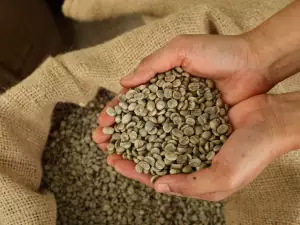


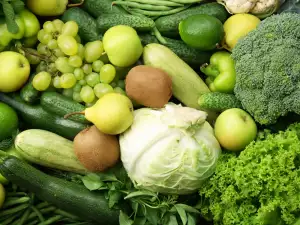




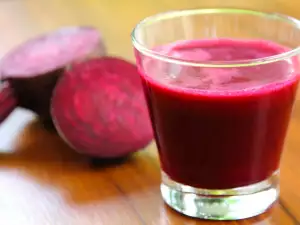

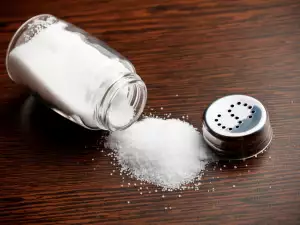
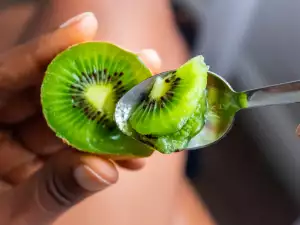





Comments